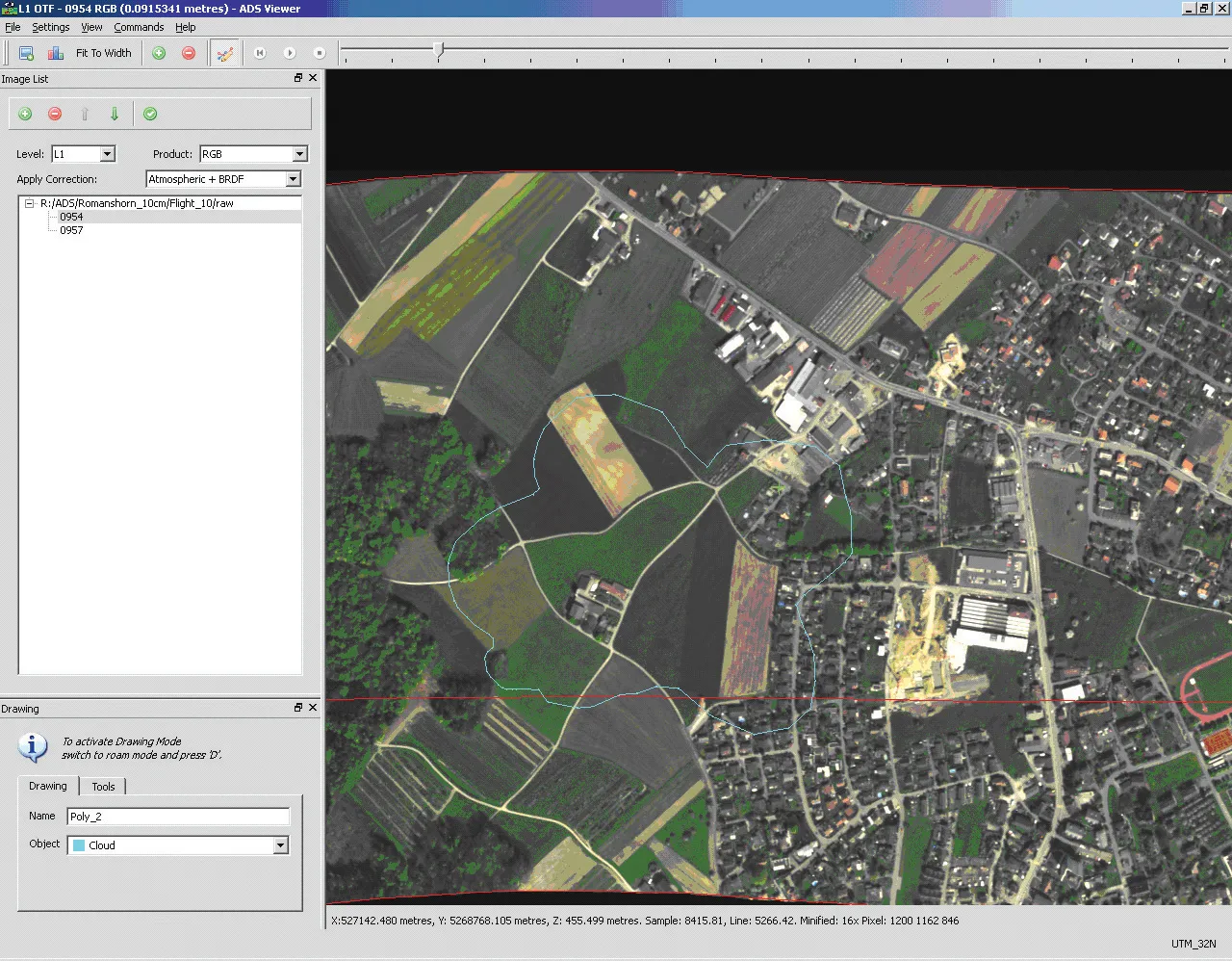Data for Dubai and Riyadh being used in a keenly awaited Siemens IC MOL commissioned study into transport mobility in more than 35 cities around the world will be released to journalists during a press conference in Dubai on Sunday 8 December.
Compiled, independently, by leading strategy consultants Credo, the full report titled ‘World Transport Mobility’ compares transport mobility in some of the world’s largest cities and discusses how they are positioned to improve their transport systems. The study use
December 4, 2013
Read time: 2 mins
Data for Dubai and Riyadh being used in a keenly awaited 1134 Siemens IC MOL commissioned study into transport mobility in more than 35 cities around the world will be released to journalists during a press conference in Dubai on Sunday 8 December.
Compiled, independently, by leading strategy consultants Credo, the full report titled ‘World Transport Mobility’ compares transport mobility in some of the world’s largest cities and discusses how they are positioned to improve their transport systems. The study uses over 10,000 data points and 50 different metrics to analyse and compare each city in terms of transport provision (capacity and utilisation), transport quality, and transport development and planning. It will be released at the World Cities Summit in Singapore in June 2014.
Hosted by Youssef Merjaneh, head of IC MOL Middle East & Africa and Matt Lovering, director of Credo Business Consulting, at the Radisson Blu in Dubai, the United Arab Emirates, the press conference promises to disclose the Report’s findings on how Dubai and Saudi Arabia capital Riyadh’s transport networks compare against many of the largest cities in the world; the relative strengths of Dubai and Riyadh’s current networks (in terms of quantity and quality); an audit of progress over the last decade; and the key successes achieved by Dubai over this period. Finally, it will cover the Report’s relative assessment of how Dubai and Riyadh's transport networks position the cities for future economic growth.
Compiled, independently, by leading strategy consultants Credo, the full report titled ‘World Transport Mobility’ compares transport mobility in some of the world’s largest cities and discusses how they are positioned to improve their transport systems. The study uses over 10,000 data points and 50 different metrics to analyse and compare each city in terms of transport provision (capacity and utilisation), transport quality, and transport development and planning. It will be released at the World Cities Summit in Singapore in June 2014.
Hosted by Youssef Merjaneh, head of IC MOL Middle East & Africa and Matt Lovering, director of Credo Business Consulting, at the Radisson Blu in Dubai, the United Arab Emirates, the press conference promises to disclose the Report’s findings on how Dubai and Saudi Arabia capital Riyadh’s transport networks compare against many of the largest cities in the world; the relative strengths of Dubai and Riyadh’s current networks (in terms of quantity and quality); an audit of progress over the last decade; and the key successes achieved by Dubai over this period. Finally, it will cover the Report’s relative assessment of how Dubai and Riyadh's transport networks position the cities for future economic growth.








